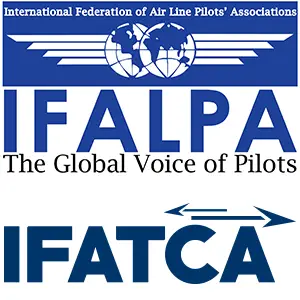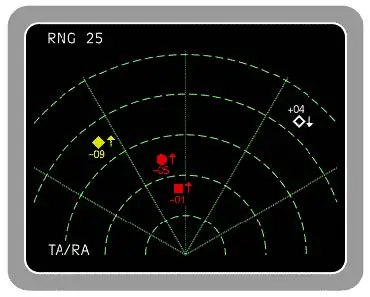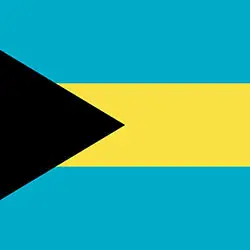International Organisations warn against premature conclusions
The aviation community grieves for the tragic loss of lives aboard US-Bangla Flight 211 on 12 March 2018. Our thoughts are with the families and friends of those lost, and the survivors who may still have a long road to recovery. We also wish to extend our support to our Nepalese and Bangladeshi colleagues for whom this is undoubtedly a traumatic experience.
In order to learn from such event and prevent any repetition, IFATCA and IFALPA, the International Organisations representing Air Traffic Controllers and Air Line Pilots, stress the need for the technical investigation into the circumstances of this accident to be conducted according to international Standards.
Such investigation should strictly follow the provisions laid out in Annex 13 to the Convention on International Civil Aviation, which states that “the sole objective of the investigation of an accident or incident shall be the prevention of accidents and incidents” and that “it is not the purpose of this activity to apportion blame or liability”.
Accident investigators should have unrestricted access and control over the evidence to ensure that a detailed examination can take place. Whilst the investigation is ongoing, there should be no disclosure of the accident evidence such as recordings, in order to avoid misinterpretation of the events that occurred.
Premature conclusions, often based on incomplete, inaccurate or speculative information, and focusing on any one aspect of what happened, will only hamper the ability to learn from these tragic events. We urge the media, the public, and the concerned stakeholders to respect the long established procedures for analysing these events and let the accident investigation run its course.
IFATCA and IFALPA will closely monitor the investigation to ensure that it is conducted in accordance with the principles described above, and that all efforts are made to prevent the recurrence of such an event.








